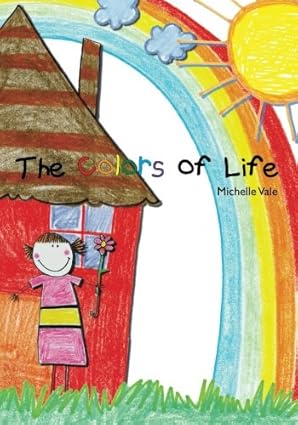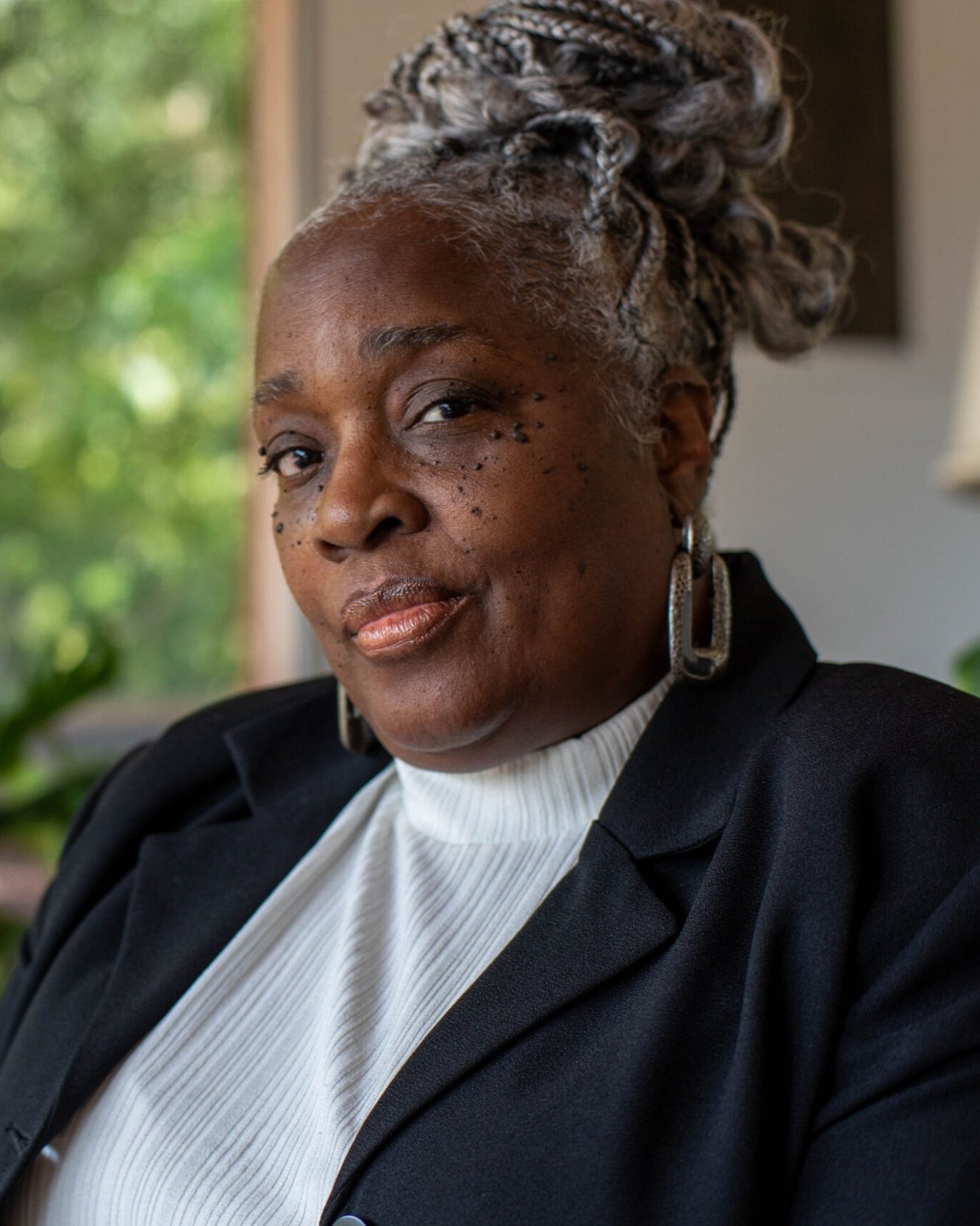News
Death of a Loved One: Helping Children Cope with Grief
Childhood is an important time in life, and many people fondly remember learning and playing as a child. While this developmental period is often positive, over 83 percent of American children will experience loss in some capacity, be it divorce, parental incarceration or another traumatic event. One in seven of those children will experience the death of a parent or sibling. These traumatic events are important to navigate with care, as they can impact children even into their adult years.
Grief in children may manifest itself in many different ways, and adults may be surprised by the range of emotions exhibited, even by siblings in the same family. Children may respond with anger, guilt, or sadness and may withdraw from previously enjoyable activities or become more aggressive. It is important for adults to listen to children and engage them in an honest conversation, emphasize the existence of a support network and acknowledge their feelings while avoiding a “problem-solution” mindset—responding with ways to “fix” how a child is feeling may shut down further communication. Helping children cope with grief is an investment in the relationship, and when children feel heard, they can better understand and express their feelings and begin to adjust to this life change.
Recovering from a loss is a difficult period in anyone’s life, and children need increased support during this time to make sure they are feeling heard and understood. However, there are ways to listen and learn from children, and that starts with being present and inviting children to share their thoughts. Processing emotions in a healthy way isn’t always intuitive, and adults may be intimidated to begin the process of helping children cope with grief. You may ask yourself questions like:
- “How can I provide the structure a child may need?”
- “Is there a ‘right’ thing to say?”
- “How do I get a child to speak comfortably about his or her experience?”
Often, engaging in peer-to-peer services provide children a setting in which they can express their feelings in a natural way, and use words and ideas that are fitting of their developmental stage. These groups provide children reassurance that they are not alone in feeling these confusing, and sometimes conflicting, emotions. At Rainbows for All Children, we emphasize these peer-to-peer relationships and provide structure and activities for children to explore these emotions through programs across the country. We also strive to provide tools that facilitators can freely learn from, so that they feel prepared to work with and help children through these experiences. For more information about children and grief, click here.




